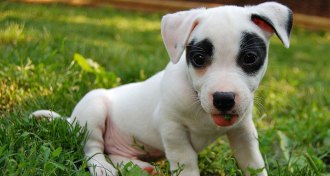Uncategorized
-
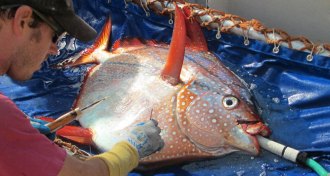 Animals
AnimalsDeepwater dweller is first known warm-hearted fish
The opah, a deep-diving fish, can keep much of its body warmer than its surroundings, making it similar to warm-blooded birds and mammals.
By Susan Milius -
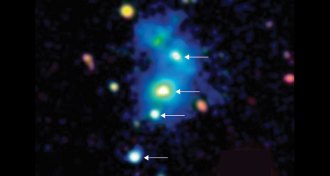 Astronomy
AstronomyFirst quasar quartet discovered
A quartet of quasars seen in the early universe may mark where a massive galaxy cluster is starting to form.
-
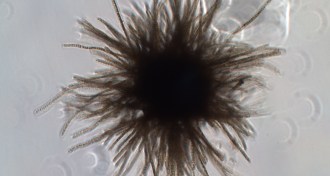 Oceans
OceansMysterious form of phosphorus explained
Mysterious form of phosphorus may be used as shadow currency by marine microbes, potentially upending scientists’ understanding of nutrient exchanges.
By Beth Mole -
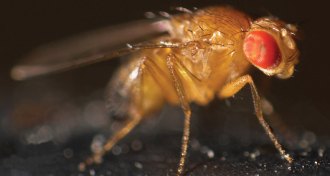 Neuroscience
NeuroscienceFruit flies flee from shadows
Studying flies’ responses to an ominous shadow may lead to a deeper understanding of humans’ emotions.
-
 Animals
AnimalsEarly research asked whether cats dream
Early research asked whether cats dream; researchers still don’t know definitively.
-
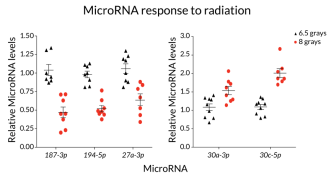 Genetics
GeneticsMicroRNAs track radiation doses
MicroRNAs in the blood may indicate radiation damage, a study of mice finds.
-
 Physics
PhysicsElectron pairs can take the heat
Electrons have been found pairing up for the first time in a solid that is not in a superconducting state.
By Andrew Grant -
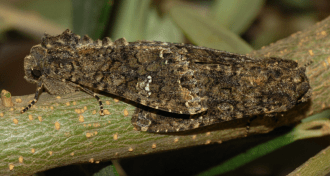 Animals
AnimalsNighttime light pollution sabotages sex pheromones of moths
Artificial lighting at night can trick female moths into releasing skimpy, odd-smelling sex pheromones.
By Susan Milius -
 Genetics
GeneticsMolecular scissors snip at cancer’s Achilles’ heel
Finding cancer’s vulnerable spots using CRISPR technology could lead to drugs that hit the disease hard.
By Meghan Rosen -
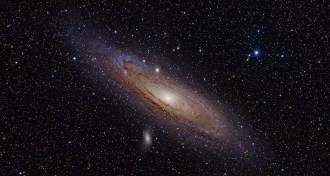 Astronomy
AstronomyAndromeda reaches out to touch Milky Way
The Andromeda galaxy is enveloped in a wispy halo of gas that extends halfway to the Milky Way.
-
 Genetics
GeneticsHumans and Neandertals mated more recently than thought
Neandertals and humans interbred in Europe until shortly before Neandertals went extinct.
-
